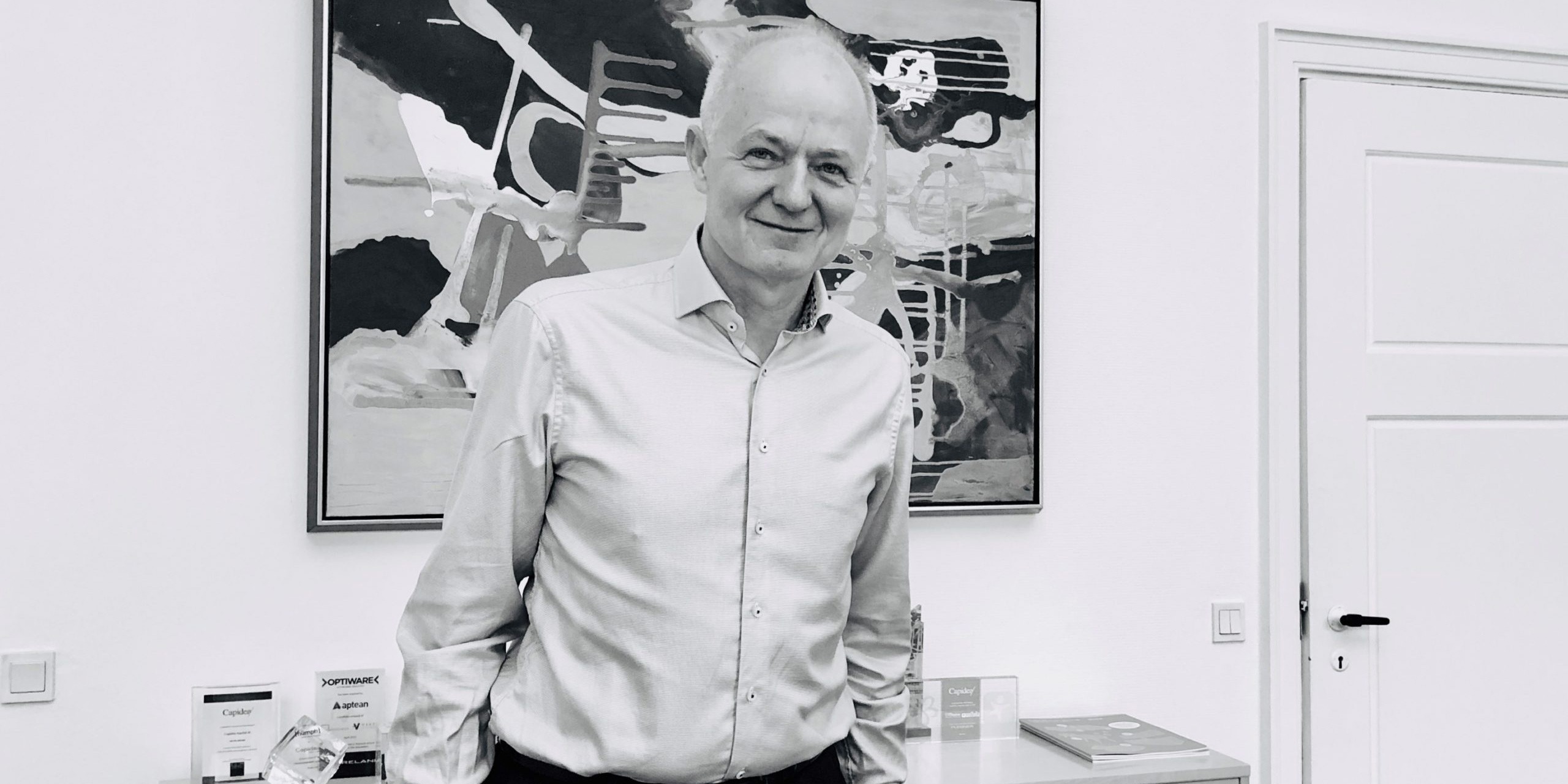Preparing for a Successful Sale: Key Areas to Consider According to a Private Equity Fund
Published 17 December 2019

Mazanti Pulse asked Erik Balleby Jensen from Capidea for his best advice for a small or medium-sized company preparing for a sale to an equity fund.
Since its establishment in 2006 the private equity fund Capidea has invested in 21 companies, primarily in the manufacturing, distribution, software, retail and service industries. Capidea makes long-term investments of three to seven years in competitive small and medium-sized Danish companies.
But what is the key to a good sale? As the management of a company looking for an investment, how should you prepare?
We asked Erik Balleby Jensen, a partner and CEO of Capidea, for three pieces of advice for companies considering selling to an equity fund.
#1 Prepare for an extensive review
“Prepare. Get your business ready for a sale,” he says.
When an equity fund begins an investment process, it conducts an extensive due diligence – or review – of the company, going into recent years’ figures and accounts. Erik Balleby Jensen calls on companies to prepare.
“Optimize your reporting, make sure you have easy access to all relevant papers. For example, make sure you own the rights to your brand and website. This sounds pretty basic, but there is nothing worse than a process going down the drain because of something you could have predicted.”
#2 Consider management’s future role
Capidea invests in small and medium-sized enterprises, and their investments are often related to generational change. Erik Balleby Jensen advises management to consider its future role.
“For some, this is their life’s work. Are they ready to sell? Do they want to sell to a competitor or someone in the industry who will take over the company – or to a private equity fund like us, who will develop the company on a standalone basis? Do they expect to sit on the board?”
If a company is heavily dependent on one person who wishes to step down, management needs to consider how to continue without this person when handing over or selling the company. However, even if the existing management remains, changes are often almost inevitable.
“With these small and medium-sized companies, we typically need to provide the existing management with the resources to implement the initiatives we plan to take.”
Capidea always has one or two of the seats on the company’s board of directors, and the existing management must be willing to welcome them and the experience they bring.
In any case, the company must prepare for significant change.
“We have had episodes where we almost made it to the letter of intent before the company decided not to go through. That is about the worst situation for us: If the sellers have not clarified what an investment means for them.”
#3 Engage experienced advisers
The third piece of advice is to draw on other people’s experience at an early stage. Erik Balleby Jensen often finds that the amount of time and resources required by an investment process takes companies by surprise.
“Bring in advisers with realistic expectations and knowledge. Engage lawyers or board members who have been through a similar process. They can help you get an idea of how long this process will take and what it requires from you.”
Experienced advisers will know how to secure the fastest and smoothest process, and they know which issues to address at an early stage.
“For example, have corporate finance advisers help you get an idea of a realistic price for the company. If you have mandatory demands, like keeping the current management, or if you are unwilling to make changes to the company, that may have an impact on the price,” says Erik Balleby Jensen.
About Capidea
- A Danish private equity fund established in 2006
- Has total committed capital of approximately DKK 2.3 billion spread across three funds
- Invests in companies within manufacturing, distribution, trading and service
- As of September 2019, Capidea has invested in 21 companies representing a total turnover of approximately DKK 6 billion.



